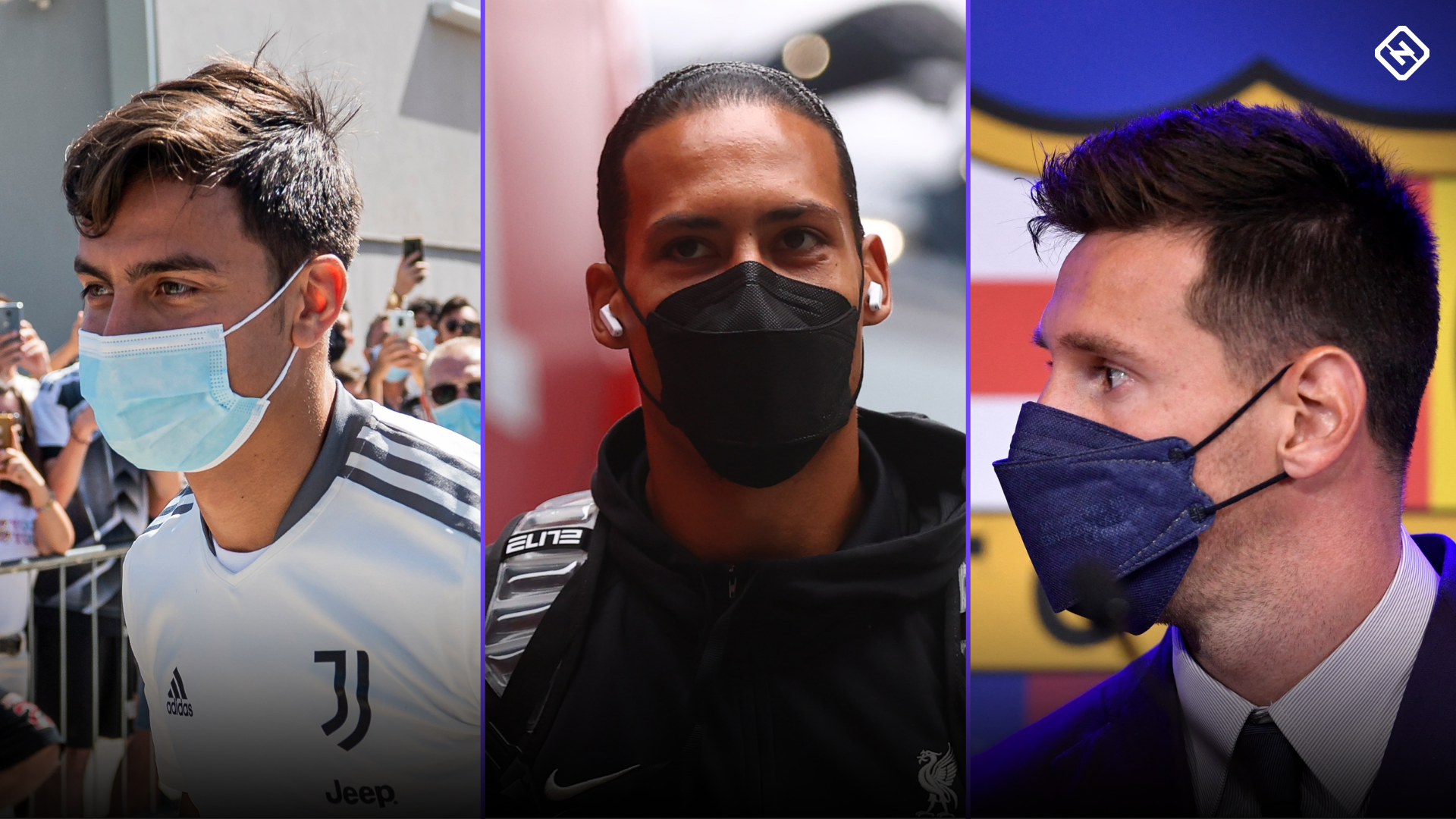How long does COVID-19 keep soccer players out for? Recovery time & self-isolation period

The spread and attempted containment of COVID-19 has been a major feature of life across the world ever since the outbreak of the virus at the end of 2019.
It has had a massive impact on lots of different industries and football is no different, with a number of tournaments being moved back, fixtures being postponed and even cancelled due to public health concerns.
The virus continues to have an effect on day-to-day life for footballers, with Premier League clubs’ preparations for games notably being thrown into disarray over the festive period after a number of localised outbreaks within squads.
How long does COVID-19 keep footballers out for?
If a footballer contracts COVID-19 they will be out of action for, at the very least, a number of days in order to fulfil self-isolation guidelines.
MORE: USMNT transfer rumors & deals
The period of time an individual must spend in self-isolation varies, but, for Premier League footballers in England, it currently stands at 10 days – per the NHS. However, it is possible for an individual to come out of self-isolation after five days, provided they have two negative lateral flow tests, 24 hours apart.
The rules vary from country to country, with Germany’s self-isolation period lasting 14 days – or until a negative PCR test is produced – so Bundesliga footballers would be out of action for longer than their Premier League counterparts. However, in Spain, the period of self-isolation was reduced from 10 days to seven days, meaning La Liga players have a shorter time out.
Of course, as with any illness, the length of time COVID-19 keeps a footballer out of action for ultimately depends on the severity of the symptoms and how long they persist. For example, a player could contract the virus, but be completely asymptomatic, and their recovery time is simply however long they must self-isolate. However, it is possible for symptoms to persist for a week or more, meaning the recovery time would be longer.
Lionel Messi missed a number of weeks and a handful games for Paris Saint-Germain in January 2022 after contracting COVID-19. After missing the majority of the month with the virus, the Argentina international said, in an Instagram post, that, “it took me longer than I thought to be well”.
What about ‘Long COVID’?
For some footballers, the effects of contracting COVID-19 have had a lingering impact, with a number of individuals being ruled out for a longer period of time than first anticipated.
When it comes to Long COVID there is no set period and it depends on the individual, but it can see a player on the sidelines for weeks, months or even a year.
MORE: TOTY FIFA 22 released
Manchester United goalkeeper Dean Henderson was unable to take a full part in the Red Devils’ 2021-22 pre-season training camp in August 2021 due to what the club described as “prolonged fatigue”, three weeks after he contracted COVID-19. The England international was only included in matchday squads approximately two months later, in October, but subsequently found himself playing back-up to David de Gea.
???? @DeanHenderson discusses his return from illness and his aspirations for 2021/22 in today’s episode of ???????????????????????? ????????????????????…#MUFC
— Manchester United (@ManUtd) October 5, 2021
Juventus striker Paulo Dybala got COVID-19 in March of 2020, and was still returning positive tests six weeks later. He told the official Juventus website, “I was struggling for breath. My muscles ached.”
Finlay MacNab had been playing for League One team Wimbledon before “Long COVID” disrupted his career and kept him out of action for over a year, with fatigue, diet issues and heart-rate problems taking their toll.
“With Long COVID, I get extreme fatigue,” MacNab told the BBC in November 2021. “It feels like I’ve played a full 90-minute game, that feeling of tiredness after, I’ll get it if I walk up the stairs or if I come back from a walk.”
What about other long-term effects?
Long-COVID can have lasting effects on a player’s health, but there are other side effects from COVID-19 that can have very real effects on someone’s career.
Often, those side-effects are heart-related, which can be scary.
Pierre-Emerick Aubameyang and Mario Lemina were sent home from Gabon’s Africa Cup of Nations squad earlier this month after the CAF determined the duo developed “lesions on the heart” as a result of a bout with COVID-19.
Bayern Munich star Josh Kimmich, who was confirmed to be unvaccinated for COVID-19, developed lung problems from the virus, missing two months while he recovered. “I’m doing very well, but I’m not yet able to train fully due to slight infiltrations in my lungs,” Kimmich said in early December, before missing another month. “I’ll therefore do some rehabilitative training and can’t wait to be fully back in action in January.”
For all the latest Sports News Click Here
For the latest news and updates, follow us on Google News.

